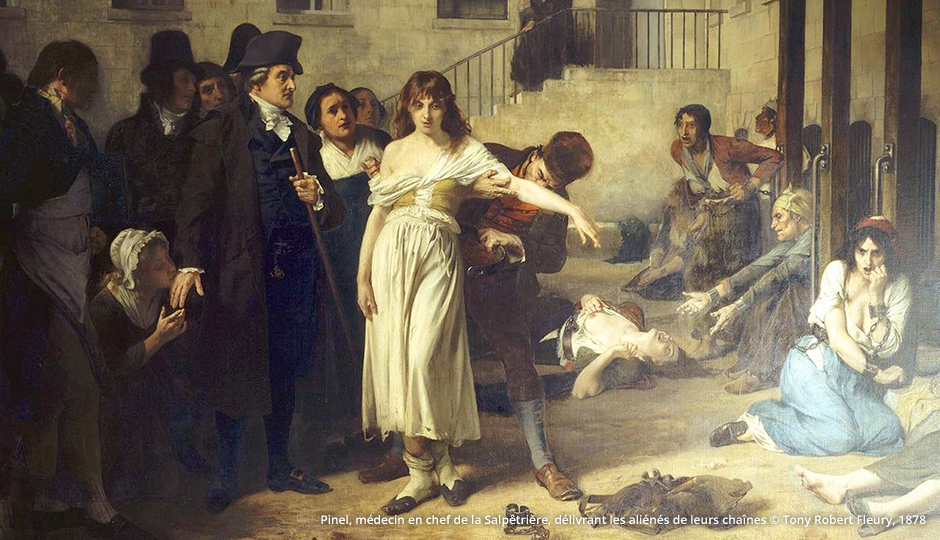18th century physicians—mainly men—often wrote about the diseases of their female patients. At the same time, literary women were writing first-hand accounts of their own afflictions.
Her work has shed new light on the history of medicine.
The dialogue between these two perspectives would help fuel the construction of medical knowledge, as shown by the work of Heather Meek, a literature researcher at Université de Montréal. Meek examined the works of several women of letters on the subject of diseases such as hysteria, breast cancer and tuberculosis, maternity and theories of the nerves and brain, as well as the writings of physicians of the time on the same subjects.
Her work has shed new light on the history of medicine, from which the voices of patients, and female patients in particular, have been largely omitted in favour of the discourse of physicians. It has also drawn attention to certain less-studied female authors, such as Jane Barker and Hester Lynch Thrale Piozzi, and some of the lesser-known writings of authors such as Frances Burney.
The latter wrote a fascinating account of the mastectomy she underwent at a time before the development of general anaesthesia. Yet, despite the academic interest shown in her novels, this text has been largely overlooked, a situation that the research of Heather Meek is helping to correct.
Contributing to the advancement of knowledge on both literature and the history of medicine, Meek’s research will be the subject of a monograph. She has also published a scientific article on the subject in Literature and Medicine and written a chapter in a book published by the University of Toronto Press. Finally, she regularly presents her work to the Canadian Society for Eighteenth Century Studies and its American counterpart.




